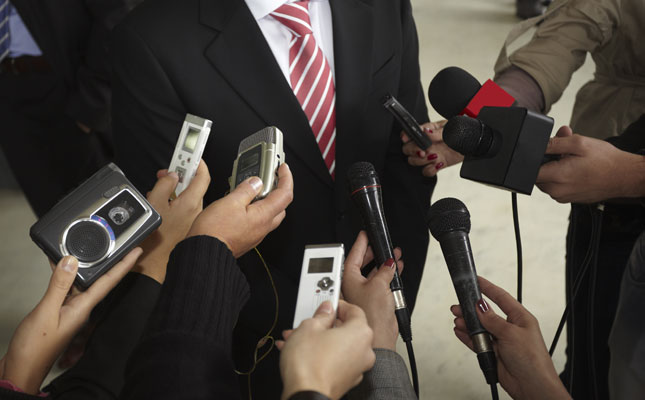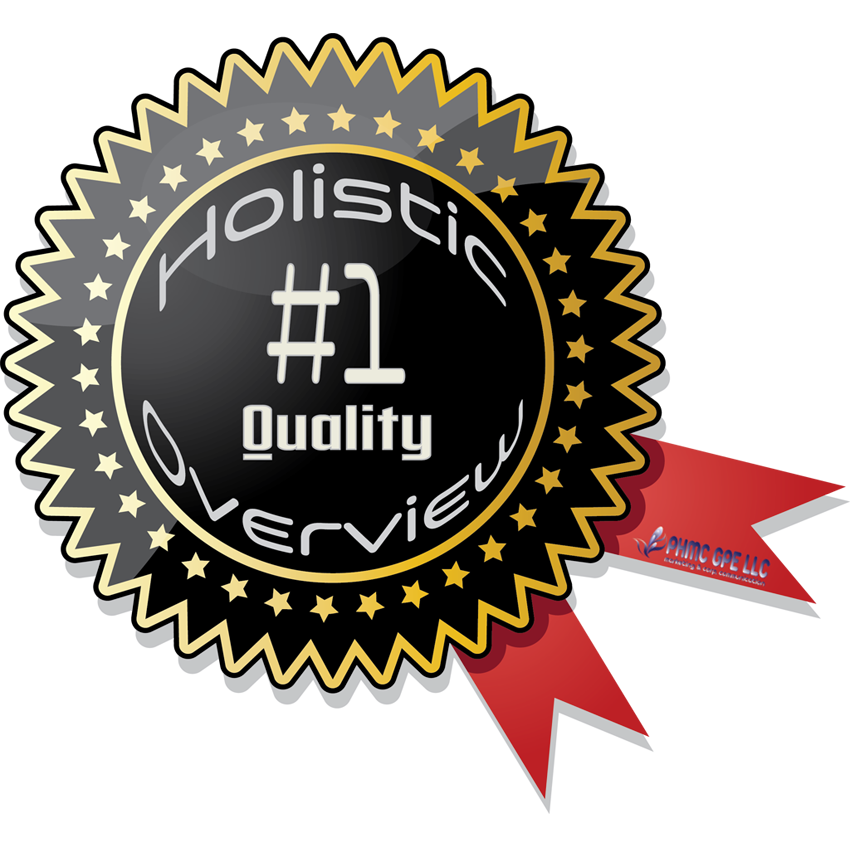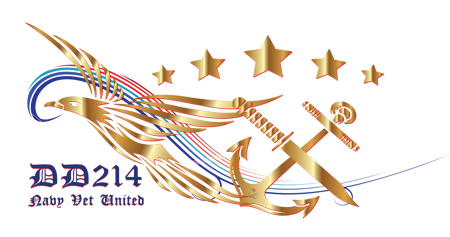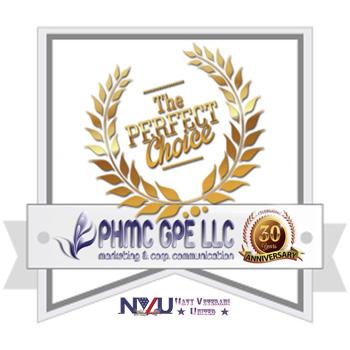In short, they are built on four pillars:
- honesty,
- transparency,
- consistency
- accountability
Honesty: no lies or half-truths; this only compounds the problem;
Transparency: no roadblocks or trying to hide facts;
Accountability: no finger-pointing; take responsibility;
Consistency: do what you say you will do and say what you’re going to do; communicate regularly and come back with answers.
The worst things you can do? The opposite of the above.

In today’s corporate world investors want to see what kinds of risks companies might face, and so “Risk Mapping” has become a popular corporate exercise: working through a number of crisis simulations and disastrous possibilities that might occur. The problem is, the odds are decidedly against being able to anticipate or mitigate every possible risk. “Risk mapping is less important that how you deal with risk when the crisis materializes,” says Adrian Dearnell, co-founder and CEO of EuroBusinessMedia in Paris.
The Process
Instead of trying to create a locked-down plan, Adrian says what you need is a process for quick decision-making:1. Create a key-person small team to make decisions quickly (minimum CEO, comms, and legal should be represented);
2. Appoint one person as a spokesperson (with one backup) whose job it is to communicate publicly;
3. Show up and say something, as quickly as possible, even if you have no information: offer condolences if appropriate, re-state corporate policies regarding the incident, give assurances that you are investigating the incident and will report back (give time frame);
4. Issue a “holding statement” and ensure its dissemination through the ranks as well as to the outside world.
The Fundamental
“The posture you take will be more important than anything else,” says Adrian.
“In fact, your only message is your posture, especially at the start when you have no information.
Crises occur every day; they happen to everyone.
As one investor in sustainable companies told me,......
‘I won’t sell off shares because a company is facing a crisis situation. The determining factor for me is how they handle that crisis, how they operate under pressure.”
Sources: Shellie Karabell- Forbes , PHMC GPE LLC











